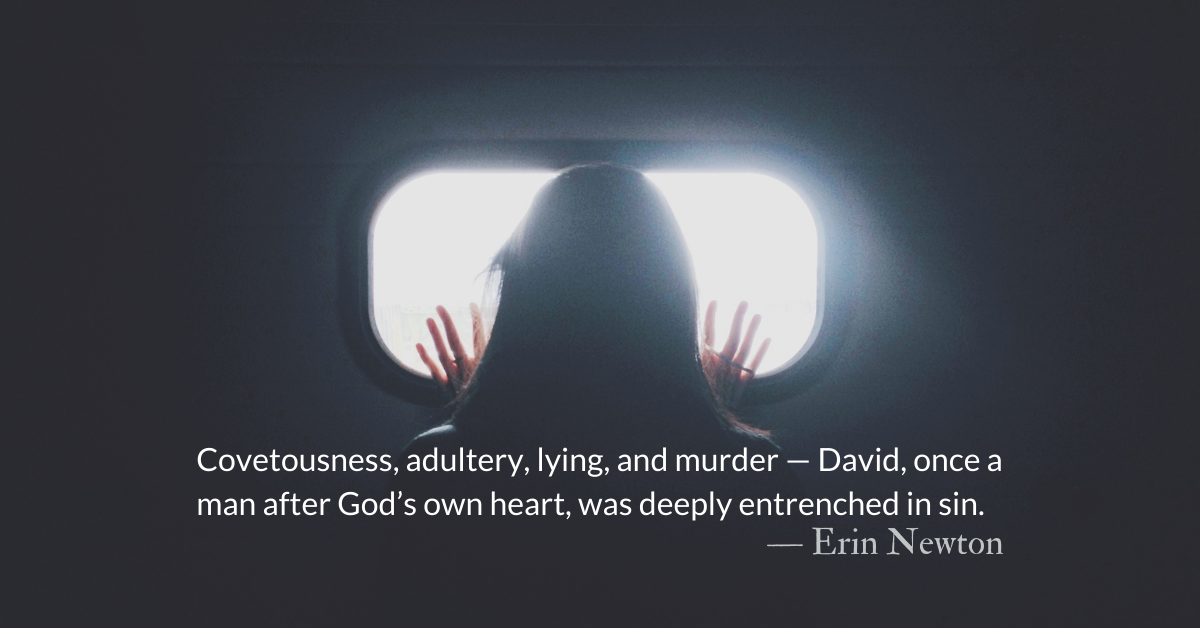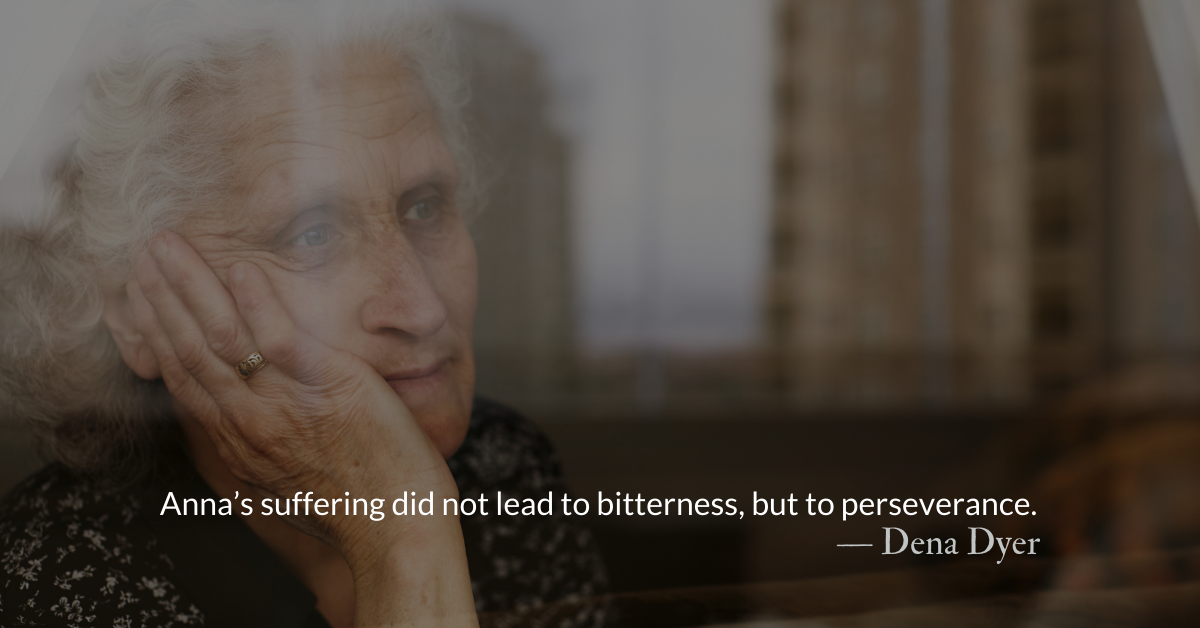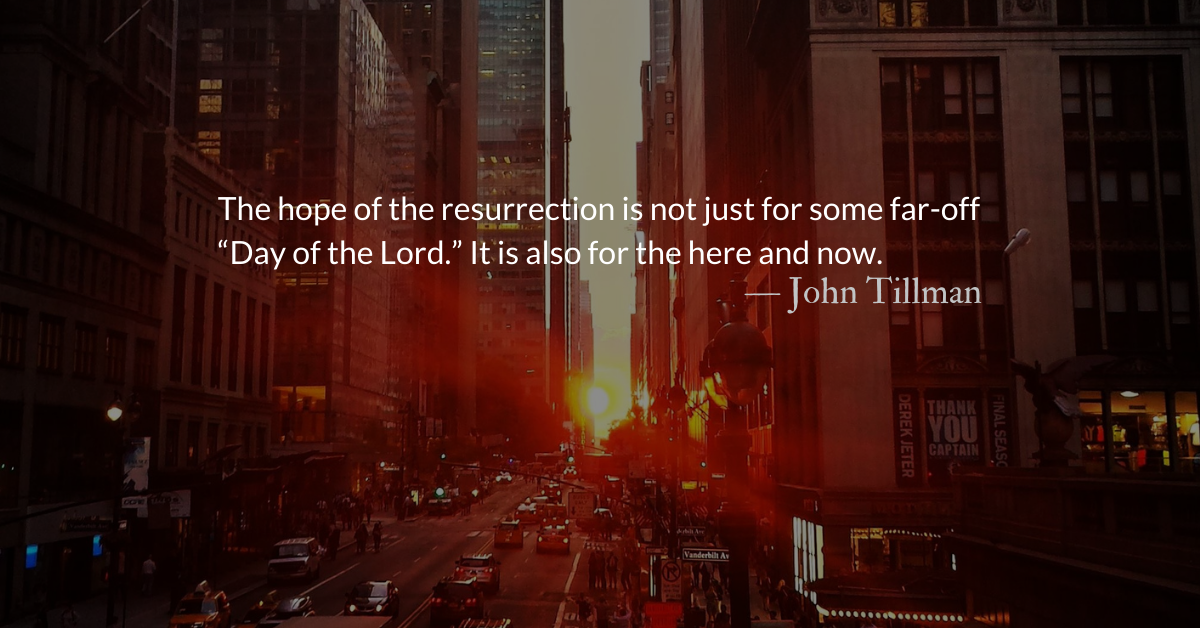Scripture Focus: 2 Corinthians 5.6-7
Therefore we are always confident and know that as long as we are at home in the body we are away from the Lord. For we live by faith, not by sight. We are confident, I say, and would prefer to be away from the body and at home with the Lord.
From John: We look back on this post of Jon’s from 2019 today, as we celebrate that he has finally completed his quarantine after returning to Hong Kong from summer in the US. We thank God for his protection of the Polk family as they traveled in the US during this summer of Covid outbreaks and we walk in faith, believing that through the common grace of science, many will continue to be protected from infection. We also pray that those who still catch the virus will experience the additional grace of God’s healing and divine protection. Walking by “faith not fear” should not mean foolishness or recklessness but humility and graciousness before God.
Reflection: Let’s Take a Walk
By Jon Polk
The classic KJV translation of 2 Corinthians 5:7 is frequently quoted, cross-stitched and memorized: “For we walk by faith, not by sight.”
Jews used this word walk as an idiom relating to how you live your life. We utilize a similar idea when we talk about our “Christian walk” or our “walk with God.” Our lives ought to be dependent on our faith, not on what we can see or comprehend.
Contrary to the popular phrase, faith is not about taking a “blind leap” but rather making steps towards God, following the path he lays out before us. Paul refers to confidence twice in this passage, implying that faith is not blind hope but is grounded in our trust in God.
Faith is confident movement towards the path that God has ahead for us. We may not see the path, but we have faith that the path exists. We may not see beyond the first step, but we take the first step in faith. We may not see all the reasons behind what God is calling us to do, but we have faith that he leads us as he does for a purpose.
On his first journey to China, the great British missionary Hudson Taylor traveled aboard a sailing vessel. As the ship neared the coast of New Guinea, the winds died out for a number of weeks. The ship began to drift dangerously towards the shore, at risk of running aground on the coral reefs leaving the crew to the mercy of the natives rumored to be cannibals.
The captain came to Taylor in desperation, asking him to pray for God to send wind. So Taylor and a few other men began to pray for a breeze. As they prayed, he went up on deck and asked the second mate to ready the mainsail. Initially, the mate resisted, not wanting to appear foolish in front of the crew, but Taylor insisted and he finally agreed. In the ensuing moments, a strong wind indeed came upon the ship and sailors scrambled all over the deck as the wind kicked in.
When you raise the sails in your life before you can even see the wind, you’re walking by faith.
So go take a walk. Not a walk based on what we can see in this earthly life but a walk by faith into the adventurous life God has for us.
Divine Hours Prayer: The Refrain for the Morning Lessons
My eyes are upon the faithful in the land, that they may dwell with me… — Psalm 101.6
– From The Divine Hours: Prayers for Summertime by Phyllis Tickle.
Today’s Readings
2 Samuel 12 (Listen – 5:25)
2 Corinthians 5 (Listen -3:14)
Read more about Don’t Waste the Waiting
During one particularly long waiting season, after running ahead of God in various ways, I confessed my impatience and frustration.
Read more about Trust and Pursue God’s Promises
Fully trusting in God’s promises gives us the hope, strength, and courage to pursue those promises.










